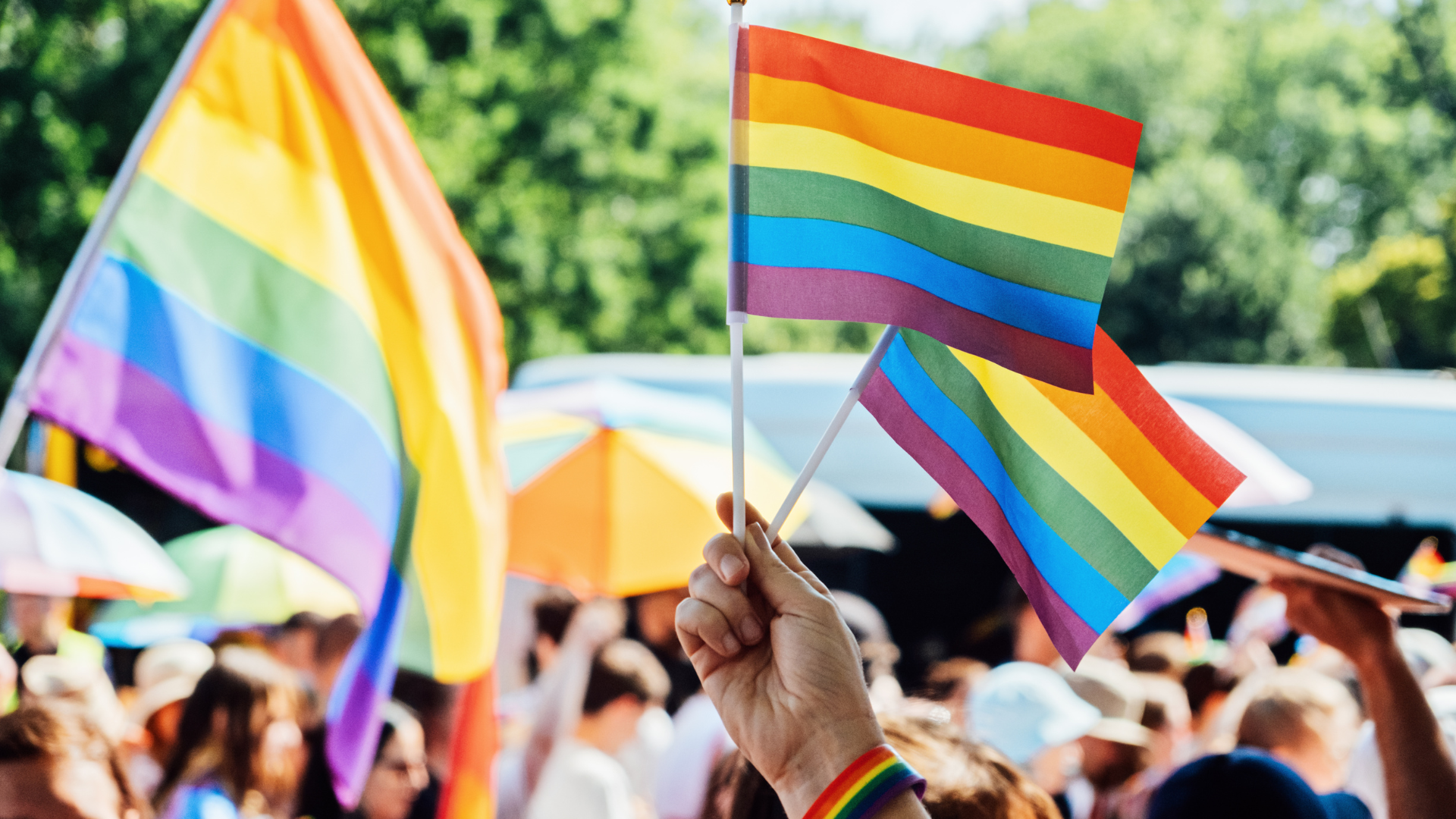Embracing Allyship: How We Can Support the 2SLGBTQIA+ Community

As someone who does not identify as part of the 2SLGBTQIA+ community, I have often found myself navigating the path of how best to support my friends who are. As a Community Advisor, I will never forget when a student on my floor, nervous and hesitant, came out to me. I was the first person they told. It was a moment filled with vulnerability, and I felt honoured to be trusted with such a personal part of their life. This experience, along with many others, deeply shaped my understanding of what it means to be an ally—realizing that often, the most impactful support is found in the everyday actions and choices we make.
Listening and Learning
Allyship begins with a consistent commitment to understanding and advocating for the 2SLGBTQIA+ community. It’s about listening to the experiences, challenges, and needs of queer individuals without assuming or overshadowing their voices. As allies, our role is to educate ourselves continuously on the issues affecting the community and use our platforms and privileges, no matter the size, to speak up against discrimination and inequality.
One of the most humbling aspects of allyship is recognizing that you won’t always have all the answers—and that’s perfectly okay. What’s important is your willingness to learn and your effort to seek out information and understanding through respectful curiosity and open dialogue. Part of our responsibility as allies also includes normalizing conversations about 2SLGBTQIA+ issues and concerns. By openly discussing these topics and sharing knowledge, we help to normalize the experiences of queer individuals, fostering a more inclusive and understanding environment. This not only educates but also helps to break down barriers and stigmas, furthering the dialogue around queer rights and visibility.
Supporting Friends and Family
Support can be as simple as being there—being someone safe to talk to, to celebrate with, and sometimes, to cry with. It’s about respecting identities and pronouns, which are foundational to a person’s dignity. And when necessary, it means standing up against discrimination, not just in grand gestures, but in everyday situations where prejudices often manifest quietly. As allies, our role is not to speak on behalf of the 2SLGBTQIA+ community but to uplift their voices. This means creating spaces where queer voices can be heard and respected, and stepping back when it’s time for those voices to lead the conversation. It’s about amplifying their messages and supporting their visibility without taking over their narrative.
For instance, after the student I mentioned earlier confided in me, I made sure to check in regularly to offer emotional support and see how they were doing. I educated myself on 2SLGBTQIA+ issues to better support them. Realizing they might feel isolated, I introduced them to the MSU Pride Community Centre, where they could connect with peers who share similar experiences. Over time, they expressed gratitude for the introduction, noting that finding a community on campus had greatly enhanced their sense of belonging and self-confidence.
Resources for Allies
For those looking to deepen their understanding and commitment, there are many resources available. “This Book is Gay” by Juno Dawson offers insights into the lives and struggles of the 2SLGBTQIA+ community. Additionally, “Beyond the Gender Binary” by Alok Vaid-Menon provides a compelling exploration of gender from the perspective of a queer, gender-fluid artist. For a wider selection of queer literature, consider visiting Indigo for their curated recommendations, or Glad Day Bookshop in Toronto, which is known for its extensive selection of queer fiction and non-fiction.
On social media, you can follow accounts like @Mattxiv on Instagram for accessible information packets on queer-related issues and concerns. Another valuable follow is @brockmcgillis33, a former NHL player who educates about hockey culture and queer discrimination. Additionally, Aesop, the skincare and soap company, launches a free bookshop during June in Toronto focusing on works by queer authors. This initiative is a fantastic way to engage with both fiction and non-fiction penned by talented queer writers. Websites such as GLAAD and The Trevor Project also offer tools for education and ways to get involved in advocacy, providing essential resources for those looking to support the 2SLGBTQIA+ community effectively.
A Call to Continued Action
Being an ally is not a static title, but a continuous journey of actions and growth. It’s about doing what we can, with what we have, where we are. As we celebrate Pride this month, let’s remember that our efforts to support the 2SLGBTQIA+ community should extend beyond June, becoming integrated into our daily lives. As I reflect on my journey of supporting my friends and the broader community, I am reminded of the power of collective action—how each of us, in our own way, can contribute to a world that embraces and celebrates diversity.
Life Events, Relationships